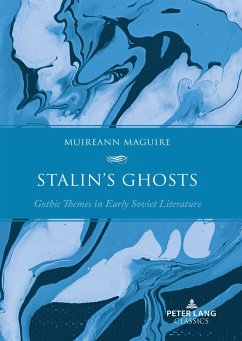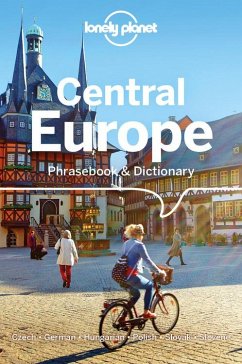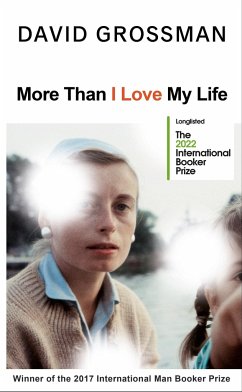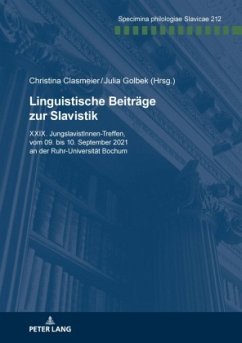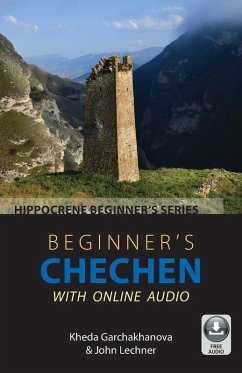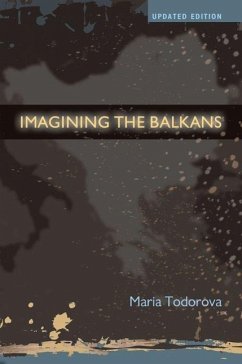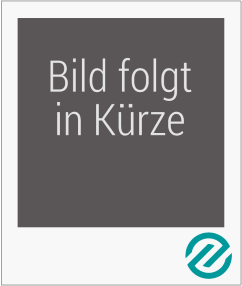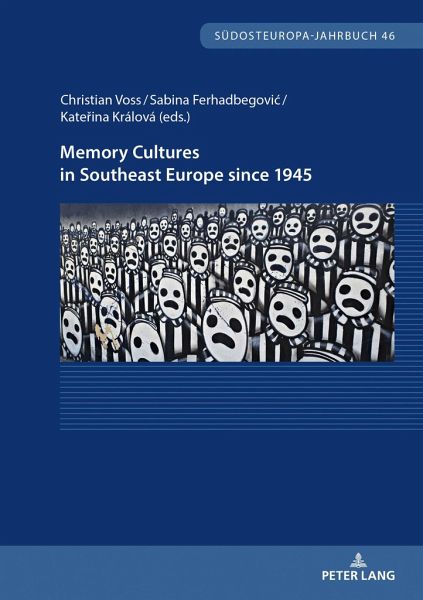
Memory Cultures in Southeast Europe since 1945
Proceedings of the International Academic Week at Tutzing, October 2021
Herausgegeben: Südosteuropa-Gesellschaft e. V.; Voß, Christian; Ferhadbegovic, Sabina; Králová, Katerina
Versandkostenfrei!
Versandfertig in 6-10 Tagen
64,95 €
inkl. MwSt.

PAYBACK Punkte
0 °P sammeln!
On the occasion of the 75th anniversary of the end of World War II, the International Academic Week in Tutzing in October 2021 attempted to describe the diverging and often conflicting memory cultures in the Southeast European post-conflict societies today: the canonical and cultural memory concerning World War II and the Holocaust on the one hand and inter-generationally formed communicative memories on the other. The post-Yugoslav debates on memory are conditioned by the renewed experience of ethnic violence, displacement and genocide during the wars of the 1990s.The sixteen contributions in...
On the occasion of the 75th anniversary of the end of World War II, the International Academic Week in Tutzing in October 2021 attempted to describe the diverging and often conflicting memory cultures in the Southeast European post-conflict societies today: the canonical and cultural memory concerning World War II and the Holocaust on the one hand and inter-generationally formed communicative memories on the other. The post-Yugoslav debates on memory are conditioned by the renewed experience of ethnic violence, displacement and genocide during the wars of the 1990s.
The sixteen contributions in the four panels "Holocaust and Antisemitism", "Memories of Tito's Yugoslavia", "Memory Wars in the National Discourse" and "Writing Memory Culture" use multidisciplinary approaches (archival sources, oral history, fieldwork, popular culture) to highlight the socio-political contexts and medialization of
memory production.
The sixteen contributions in the four panels "Holocaust and Antisemitism", "Memories of Tito's Yugoslavia", "Memory Wars in the National Discourse" and "Writing Memory Culture" use multidisciplinary approaches (archival sources, oral history, fieldwork, popular culture) to highlight the socio-political contexts and medialization of
memory production.






